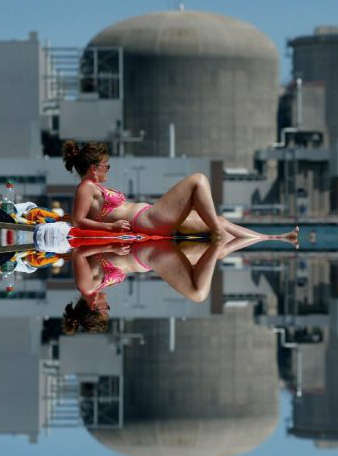Nuclear tour gives a few new ideas
 South Australia's nuclear royal commissioner Kevin Scarce is back from his research trip to Asia, Europe, the United States and Canada.
South Australia's nuclear royal commissioner Kevin Scarce is back from his research trip to Asia, Europe, the United States and Canada.
But he says he is “nowhere near” making any recommendations to the Government on its potential to expand the industry.
Mr Scarce went on tour as part of the Nuclear Fuel Cycle Royal Commission was launched by the SA Government in March, which is examining ways that SA can better benefit from its vast uranium deposits.
Mr Scarce met with organisations that enjoyed nuclear power’s economic benefits, as well as those concerned with nuclear storage and waste management.
“There's a considerable benefit but we're nowhere near recommending that at this stage,” he told reporters upon his return.
“We're very much in the stage of understanding some of the new technologies.”
Mr Scarce said the commission must undertake cost benefit analyses on all parts of the nuclear power cycle to best “understand the demand for energy” now and in the future.
“I was in countries that already had a nuclear program and they saw nuclear being an important contributor to reducing carbon emissions, and there is also a place for reducing those generation techniques that produce carbon,” Mr Scarce said.
He toured Japan's Fukushima plant, still recovering from the meltdown in 2011.
“It just shows you what happens when you get it wrong,” Mr Scarce said.
“We spent a lot of time in Japan talking with the operators, talking with the government organisations responsible for safety to understand why the accident occurred.”
The commission has received 90 submissions from companies and individuals in just the first round of public feedback, and the commissioner says it is a tough task just to address them all.
“It's like drinking from a fire hose, there's a lot of information that's gathering,” Mr Scarce said.
“We're all, this very small team, trying to digest it and trying to make sense of the risk, the opportunity, and produce that in a form that's understandable so that the public is brought along in the process.”
The ongoing commission will soon visit remote and regional communities to keep them informed about the process, with more public hearings expected in September and a final report due in May 2016.







 Print
Print